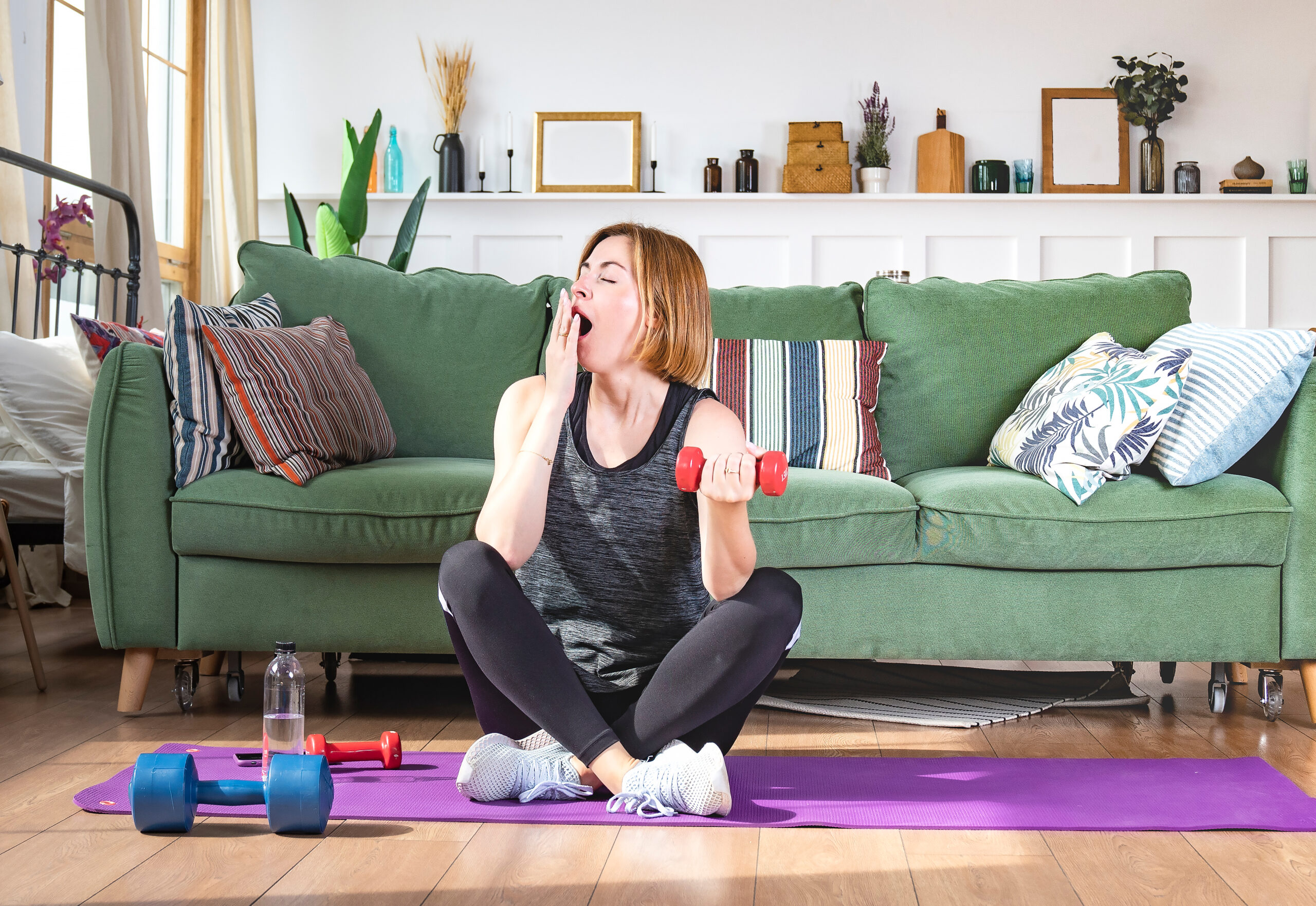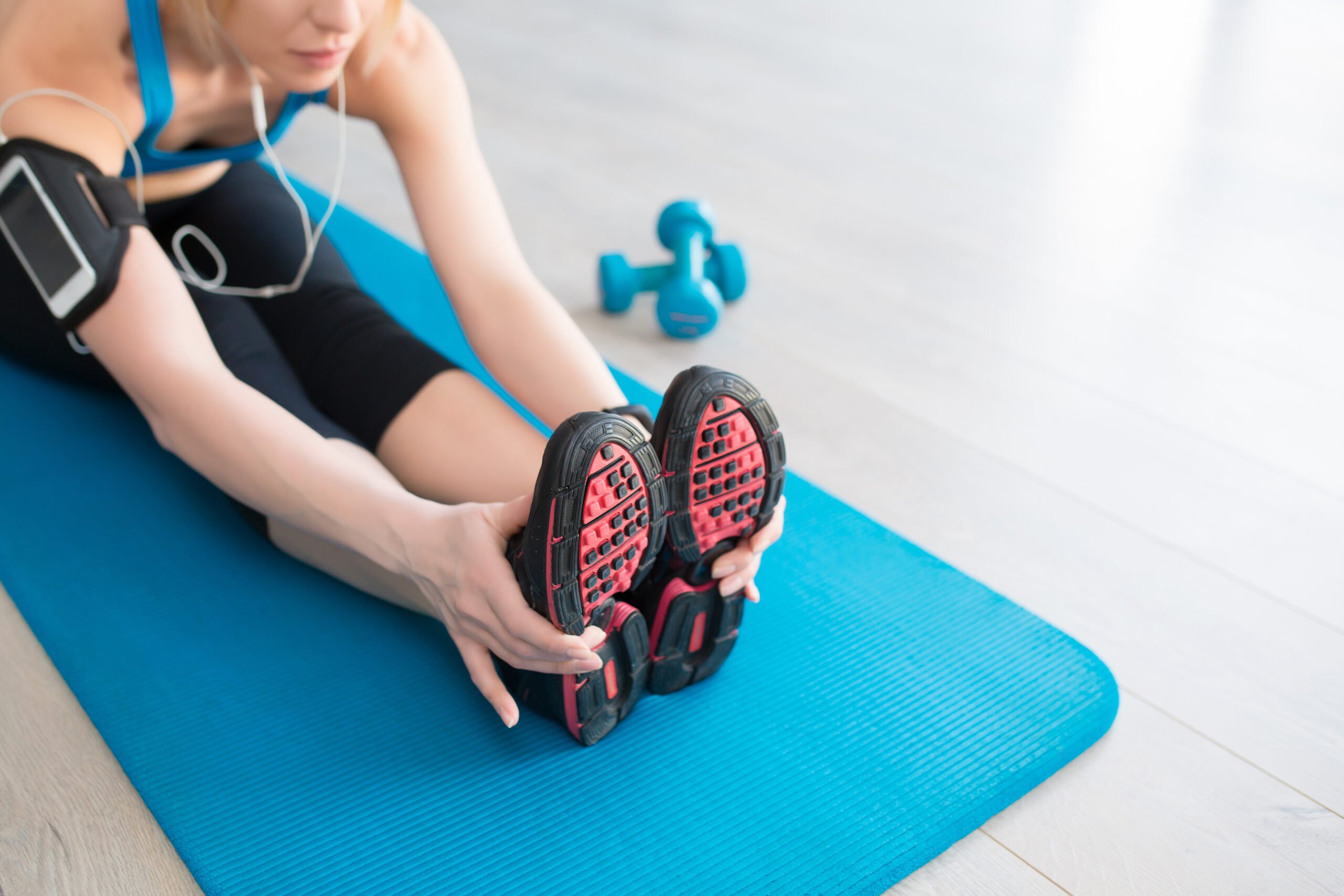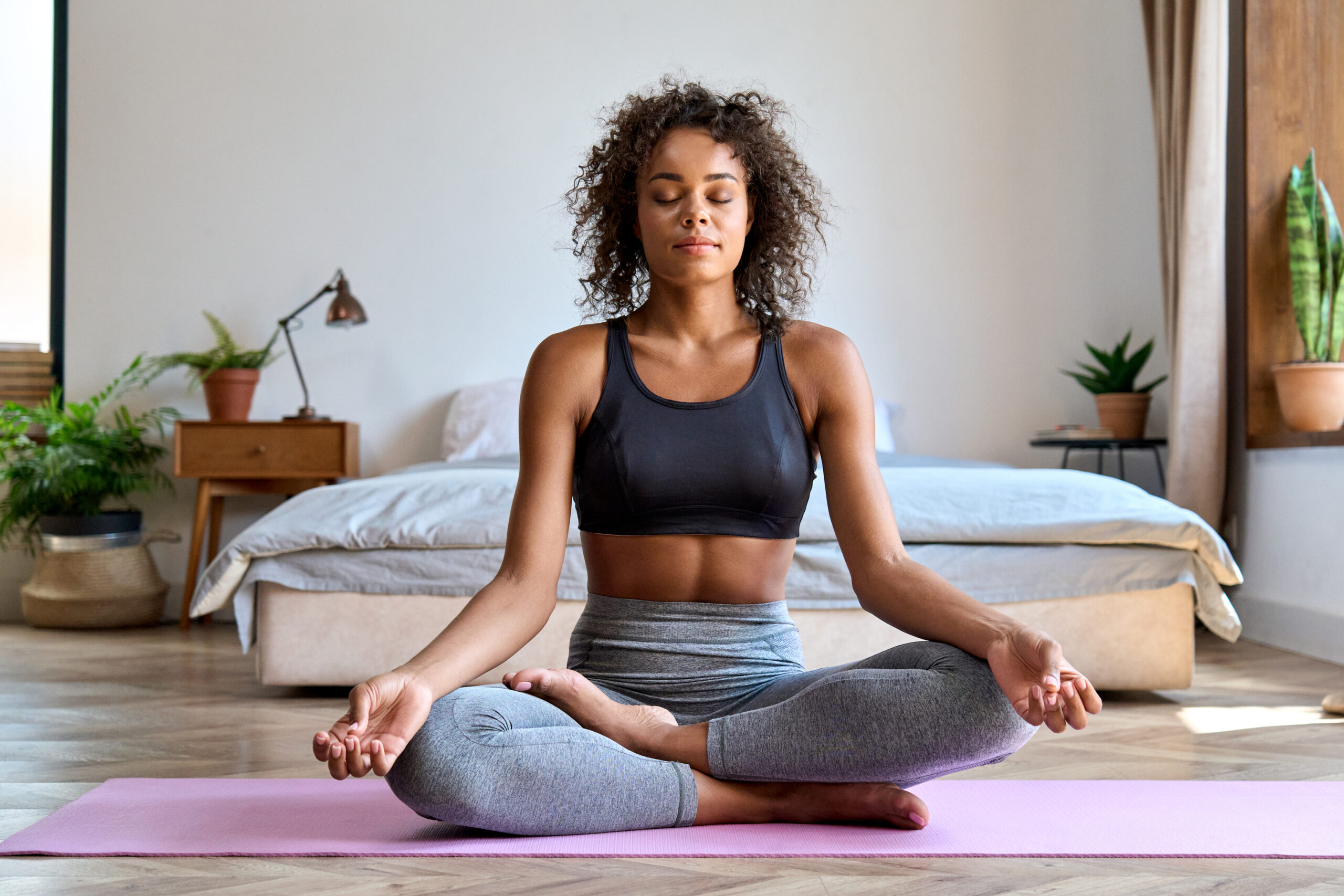Yawning during workouts feels like your body’s way of tapping you on the shoulder, signaling, “Hey, pay attention!” Have you ever been in the middle of a tough set, maybe doing some burpees, when out of nowhere, a big yawn sneaks up on you? If that sounds familiar, you’re definitely not alone. Yawning during workouts happens to a lot of us, and it can be pretty puzzling. But don’t worry! Today, we’re going to dig into why this happens and share some practical tips to deal with it. We’ll break down the science behind it all, looking at both the physical and mental sides of things. And by the end, you’ll have a better understanding of why your body yawns during workouts and how you can make it less of a distraction. So, let’s dive in and figure out how to keep those mid-workout yawns at bay!
The Science of Yawning
When it comes to yawning, it’s easy to brush it off as just a reflex, but there’s a lot more going on under the surface. Yawning is like a multitasking superhero for your body – it’s not just about feeling sleepy. It’s actually a way for your body to keep everything in check and running smoothly. Think of it as your body’s internal thermostat, oxygen gauge, and mood meter all rolled into one. Every time you yawn, it’s like your body’s fine-tuning itself to make sure everything’s in tip-top shape. From adjusting oxygen levels to helping your brain stay cool and even giving you a little emotional reset, yawning is your body’s way of saying, “I’ve got this!” It’s pretty amazing when you think about all the things your body does without you even realizing it, isn’t it?

Common Reasons for Yawning During Workouts
Let’s dig into why those mid-workout yawns happen. Here are a few common reasons behind them:
Lack of Oxygen and Increased Carbon Dioxide Levels: Picture this: you’re pushing through a tough workout, breathing heavily, and feeling the burn. As your body works harder, your oxygen levels drop, and carbon dioxide levels rise. This shift in balance can trigger yawning as your body tries to regulate its breathing and maintain the right mix of gasses.
Cooling the Brain: It might sound strange, but yawning actually helps regulate the temperature of your brain. When you’re going full throttle during a workout, your brain can start to heat up along with your body. Yawning kicks in as a built-in cooling mechanism, helping to keep your noggin from overheating.
Response to Stress and Anxiety: Ever felt those pre-workout jitters or the pressure to perform? Stress and anxiety can tag along to your gym session and contribute to those mid-workout yawns. Your body’s natural response to heightened emotions can include yawning, kind of like a signal that it’s time to take a breather and relax.
Psychological Factors
When it comes to yawning during workouts, it’s not just about physical strain – your mind plays a big part too. Let’s unpack the psychological side of things:
Boredom and Monotony: Doing the same old routine day in and day out can start to feel like a snooze fest. Yawning might be your body’s way of saying, “Hey, let’s spice things up a bit!” When your workouts become predictable, your brain might start to disengage, and yawning could be its way of nudging you to switch things up. Adding variety to your exercises can inject some much-needed excitement and keep those yawns at bay.
Mental Fatigue: Ever hit a mental roadblock mid-workout? Yawning could be your brain’s way of waving a white flag. Just like your muscles can feel tired, your brain can get worn out too. If you find yourself yawning more than usual during your sweat session, it might be a sign that your mind needs a breather. Take a moment to check in with yourself and give your brain the rest it deserves. Remember, listening to your body – both physically and mentally – is key to getting the most out of your workouts.

Strategies to Combat Yawning During Workouts
Let’s dive into some practical tips to combat yawning during workouts and keep your energy levels up:
Proper Hydration and Breathing Techniques: Hydration is key to maintaining optimal performance during exercise. Make sure to drink plenty of water before, during, and after your workout to keep your body hydrated and your muscles functioning efficiently. Additionally, focus on deep, intentional breathing techniques to enhance oxygen intake and circulation. By ensuring proper hydration and mastering your breathing, you can optimize oxygen flow throughout your body, minimizing the likelihood of yawning mid-workout.
Vary Your Workout Routine: Doing the same exercises day in and day out can lead to workout boredom and, you guessed it, more yawning. Keep things exciting by mixing up your routine and trying new activities. Whether it’s swapping out your usual cardio for a dance class or incorporating strength training into your yoga practice, adding variety to your workouts challenges your body in different ways and keeps your mind engaged. Not only does this prevent monotony, but it also helps stave off yawning by keeping your workouts fresh and stimulating.
Address Underlying Stress and Anxiety: Stress and anxiety can take a toll on both your mental and physical well-being, potentially contributing to yawning during workouts. Take proactive steps to manage stress outside of the gym by incorporating relaxation techniques into your daily routine. Whether it’s practicing mindfulness meditation, seeking therapy, or engaging in hobbies that bring you joy, finding healthy outlets for stress can help alleviate tension and reduce yawning during workouts. Remember, taking care of your mental health is just as important as taking care of your physical health.

In conclusion, yawning during workouts is a natural response that can be influenced by various factors, including hydration levels, exercise routine, and stress levels. By implementing these strategies and paying attention to your body’s cues, you can minimize yawning episodes and enjoy more energized and productive workouts. So, the next time you feel a yawn coming on, don’t sweat it – listen to your body, try out different approaches, and keep striving towards a healthier, happier you!